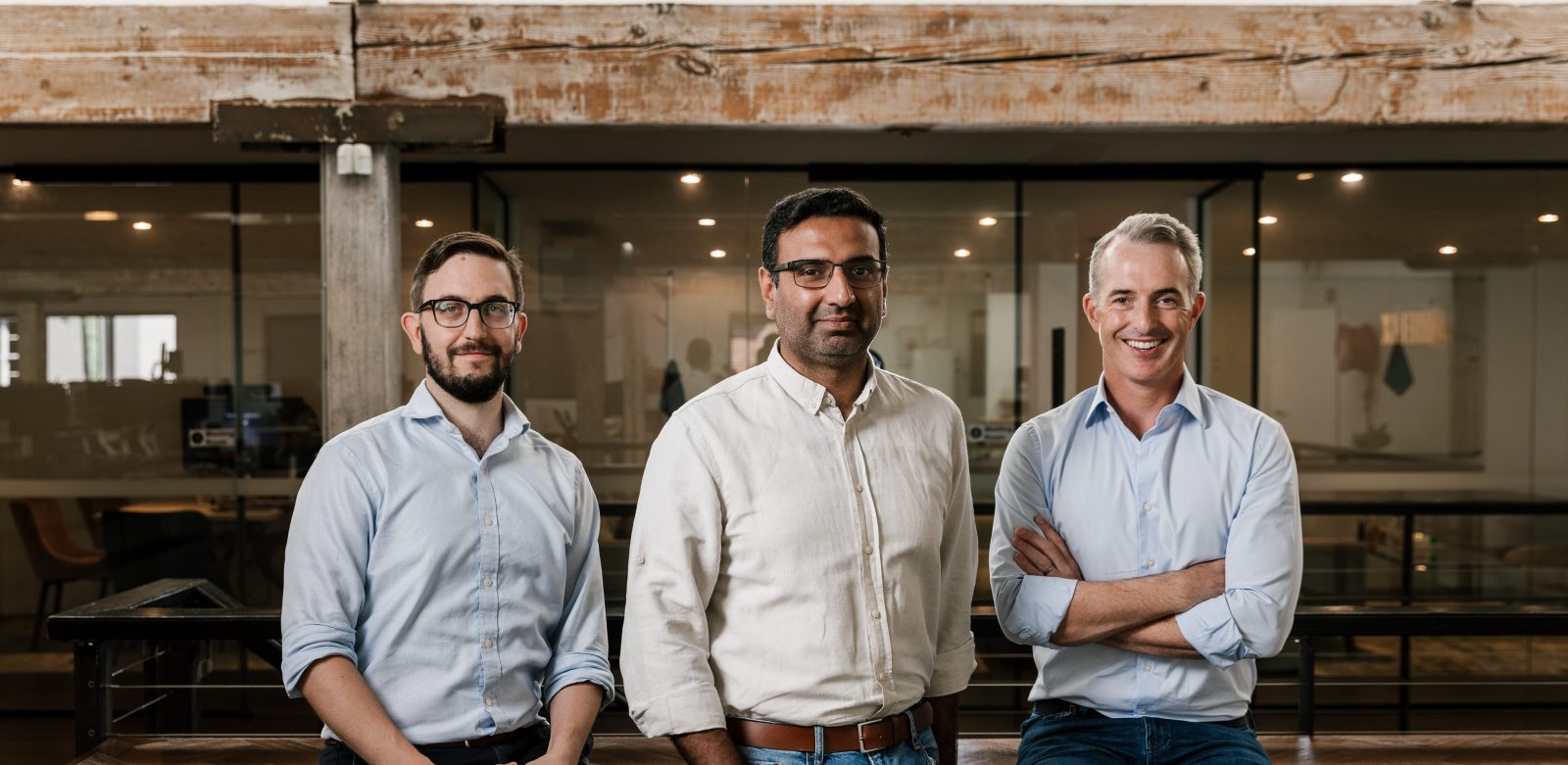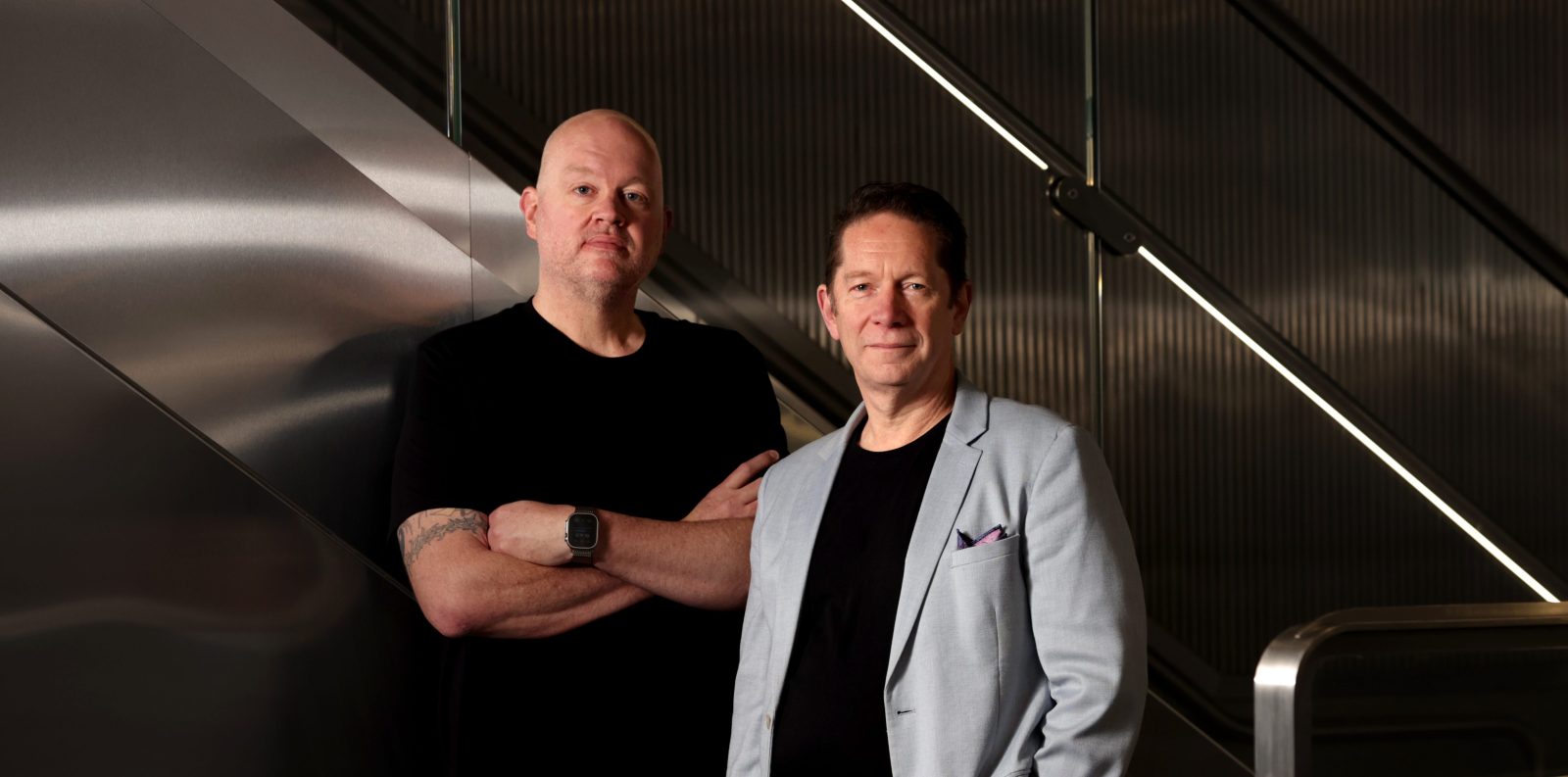Robotics is projected to be worth USD$165 billion by 2029. Alloy Robotics founder and CEO Joe Harris has found a way to dig through the firehose of data that robots produce to find the 1% that matters.
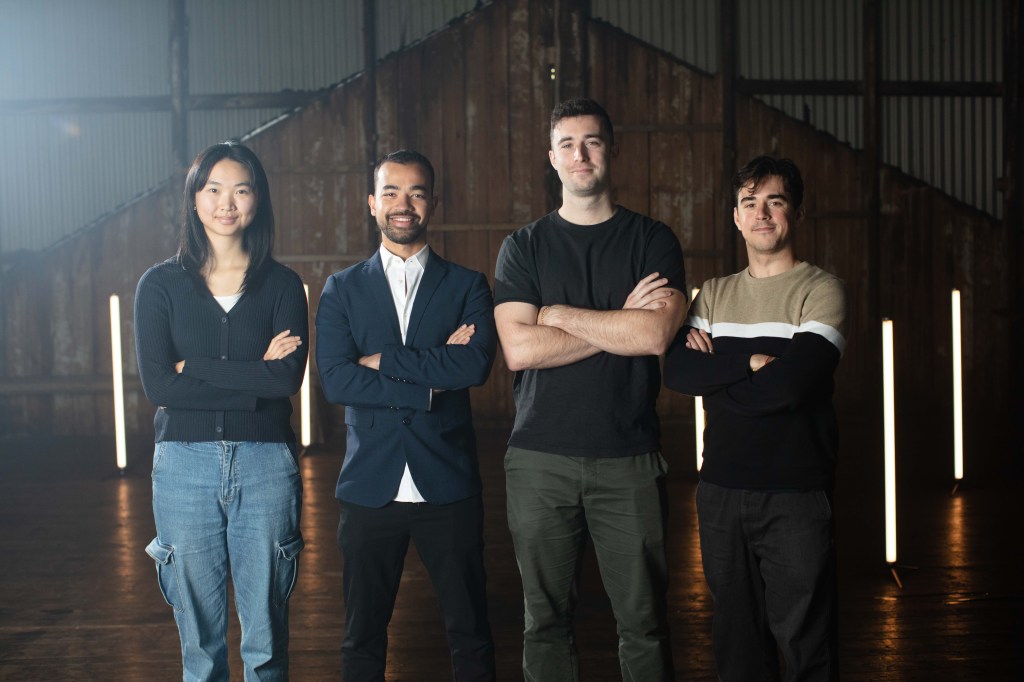
The robots are coming, and this stealthy Sydney startup is helping them manage their data.
Alloy Robotics was founded eight months ago by Joe Harris, the former Chief Commercial Officer of Eucalyptus. Up until now, the company has been in stealth mode. But on the back of a $4.5m pre-seed raise led by Blackbird alongside Airtree Ventures, Skip Capital, and Bay Area VC Xtal Ventures, Harris is ready to talk.
“Robots produce a phenomenal amount of data,” he tells Forbes Australia in an exclusive interview. “It can be upwards of a gigabyte per minute per robot, which is many orders of magnitude more than any kind of web-based application. It is a fire hose of data, but only 1% of it is useful. The issue is figuring out which 1% and that’s extremely tedious.”
Not only is there a lot of it, but the data that robots produce is ‘unwieldy,’ Harris says.
“Our customers are the companies building the robots, and the data that comes from them takes many different shapes. We encode the data directly, so clients don’t have to wait for it to be labelled. It can be searched right away in natural language, and that allows recurring issues and failures to be isolated and trends to be tracked over time.”
The service Alloy offers has already drawn attention from some of the biggest players in the tech world. Senior engineers from Tesla, Waymo, Halter, Carbon Robotics, and Reach Robotics have invested as angels in Alloy’s pre-seed round. All four founders of Eucalyptus, who worked with Harris closely as they scaled, are also angel investors.
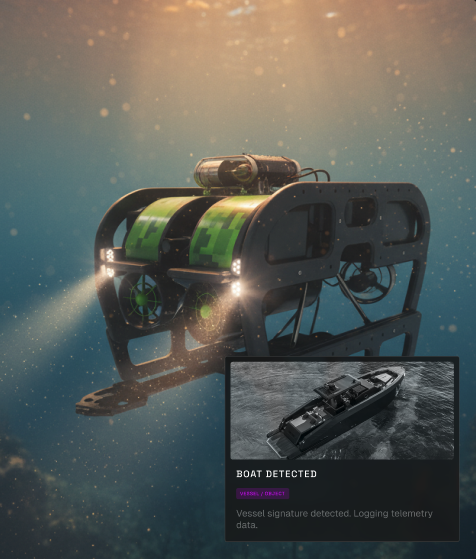
Harris says frontier robotics companies Breaker, Hullbot, and Greenroom Robotics have come on as partners in Alloy’s pilot. The benefits the company provides transcend defence AI, maritime automation, and oceanic inspection, he says, and can be applied to robotics across the field.
“Our customers are early-stage companies with long development cycles. This iterative process of ‘observe, find the edge cases, fix them,’ repeat, repeat, repeat, to address the data plumbing problem, takes up a very substantial amount of their resources.”
Instead, 29-year-old electrical engineer Harris has developed a potentially game-changing solution that can take that busy work off the hands of the founders building robotics startups.
“Their goal is to have high reliability and autonomy for their robots and to be safe. Each company was rebuilding this infrastructure individually; there was nothing they could “buy off the shelf” and use. Now, we can help them get there faster,” he says.
The value of plumbing unwieldy data
The robotics industry is projected to be worth USD$165 billion by 2029, according to Blackbird Ventures and Alloy.
“Companies that can learn from their operational data are pulling ahead, while those relying on manual processes fall behind. As nations race to reindustrialise, this data capability gap determines who can actually deploy automation at scale,” a company statement reads.
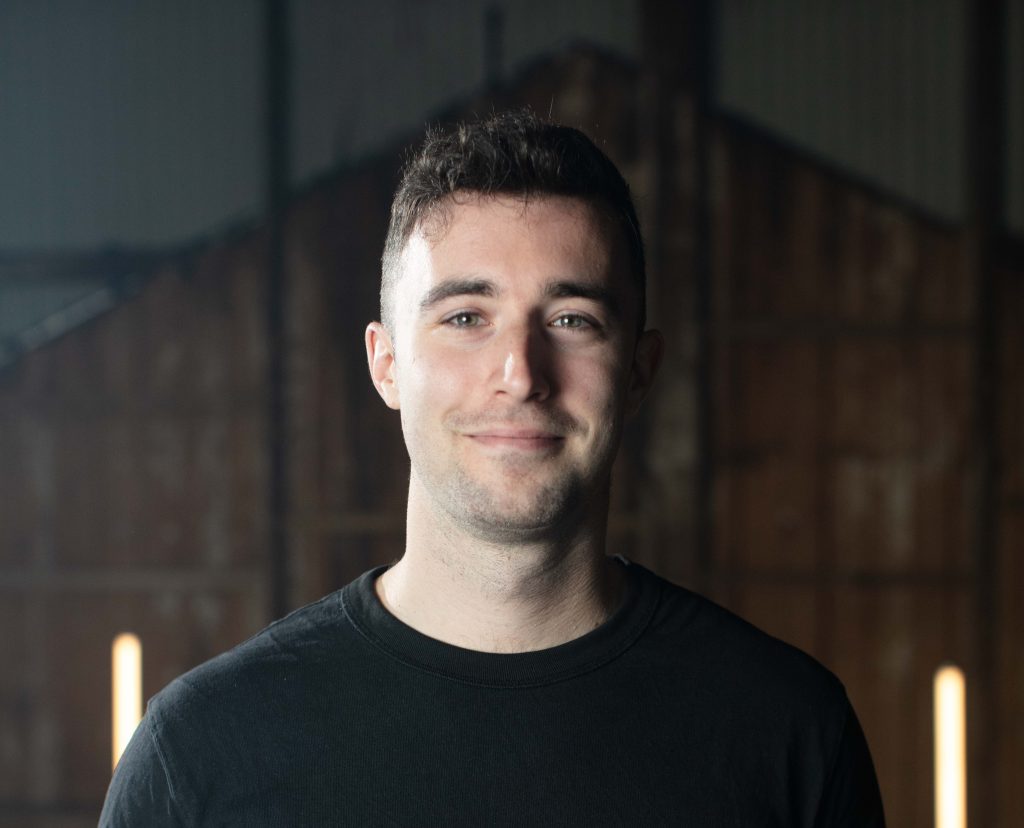
Tom Humphrey is a partner with Blackbird. He says the addressable market in front of Alloy is enormous.
“We backed Alloy because they’re solving a universal problem that only gets bigger as robotics scales and automation techniques advance. Every robotics company will need this best-of-breed core infrastructure,” says Humphrey.
Harris says Blackbird has made strategic introductions in the US, including with autonomous vehicle company Waymo, as well as Tesla and Carbon Robotics.
He worked with Jackie Vullinghs, a partner at Airtree Ventures, during his time at Eucalyptus, when he helped to scale the company from $3 million in revenue to $170 million.
“Each company was rebuilding this infrastructure individually; there was nothing they could “buy off the shelf” and use. Now, we can help them get there faster.”
Joe Harris
“Airtree has really stepped up and been supportive. They have been quick to make decisions and also made some really fundamental introductions on the go-to-market side,” says Harris.
Vullinghs understands the data infrastructure problem well.
“The commercial opportunity in robotics is massive and accelerating quickly, but only if teams can manage the data behind it. Alloy enables operators to learn continuously from each robot’s interactions and improve performance, making large-scale deployment possible,” says Vullinghs.
Harris reiterates that transformative industries need foundational infrastructure in order to thrive.
“For the internet it was AWS, for AI it was GPU clouds. For robotics, it’s a unified data infrastructure. We’re building the layer that lets thousands of robotics companies move from programming robots to learning from experience.”
Look back on the week that was with hand-picked articles from Australia and around the world. Sign up to the Forbes Australia newsletter here or become a member here.
